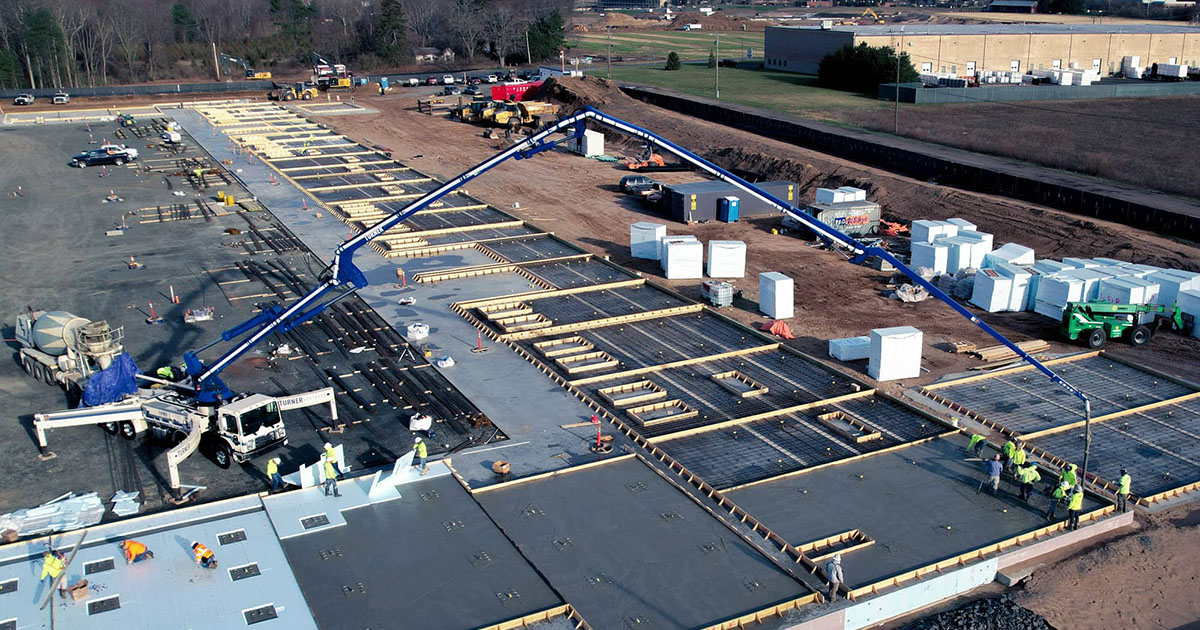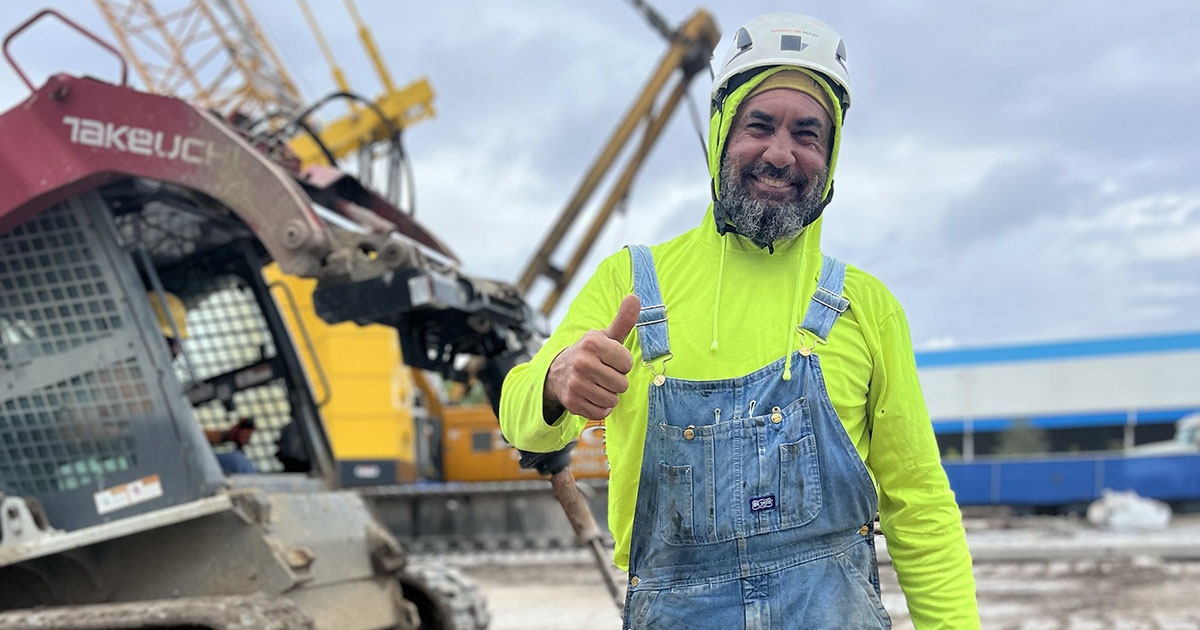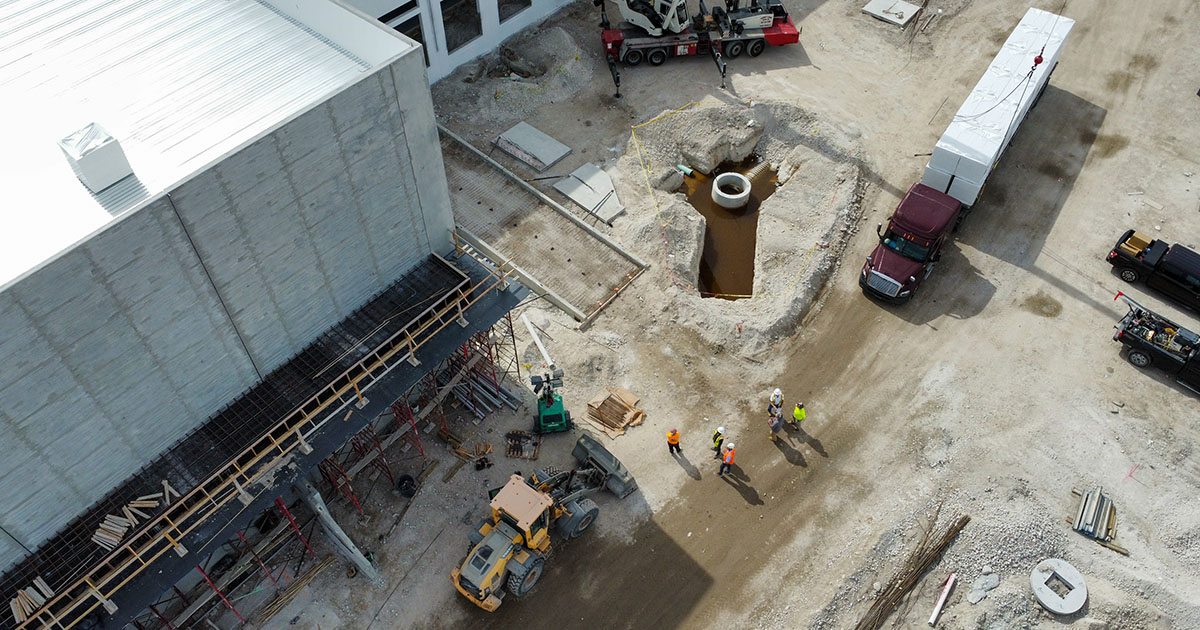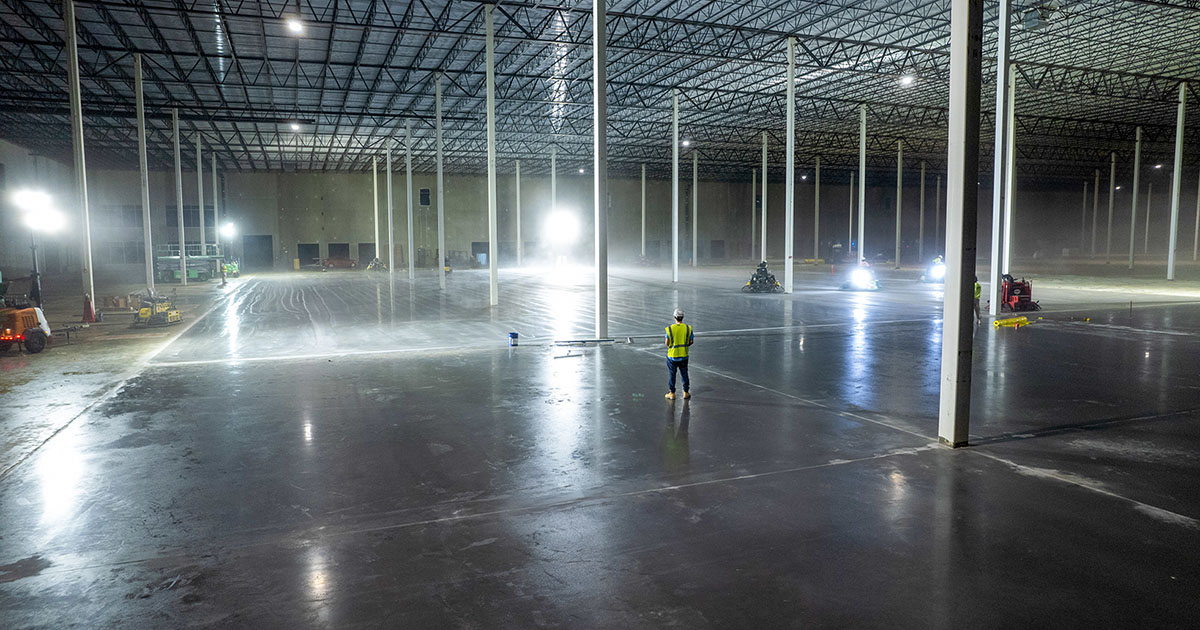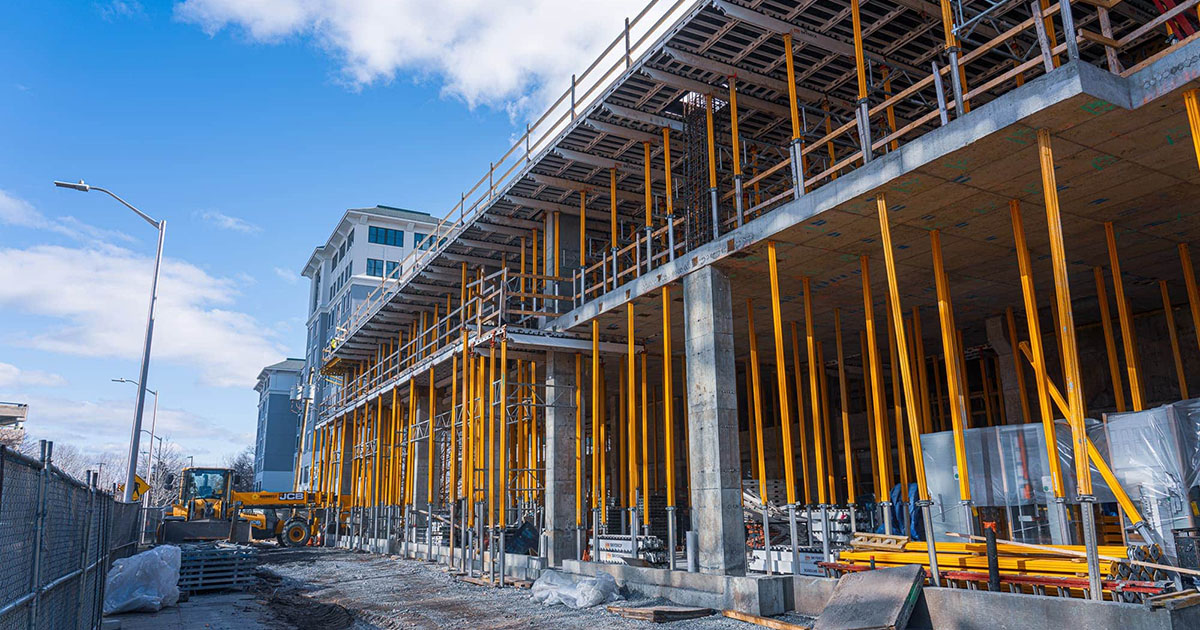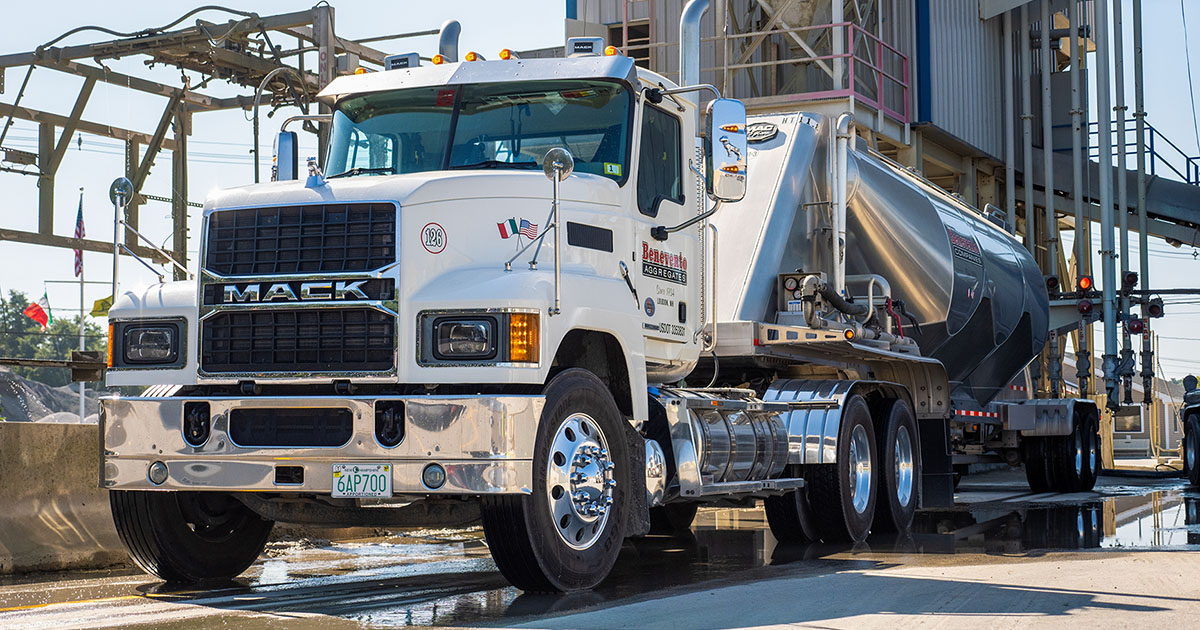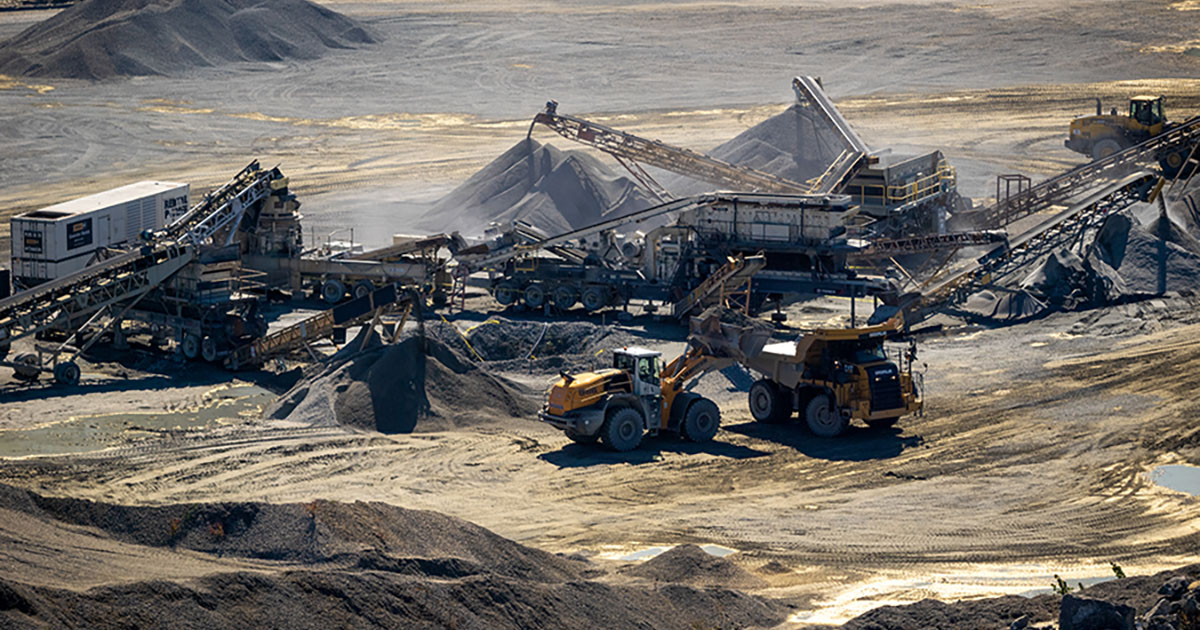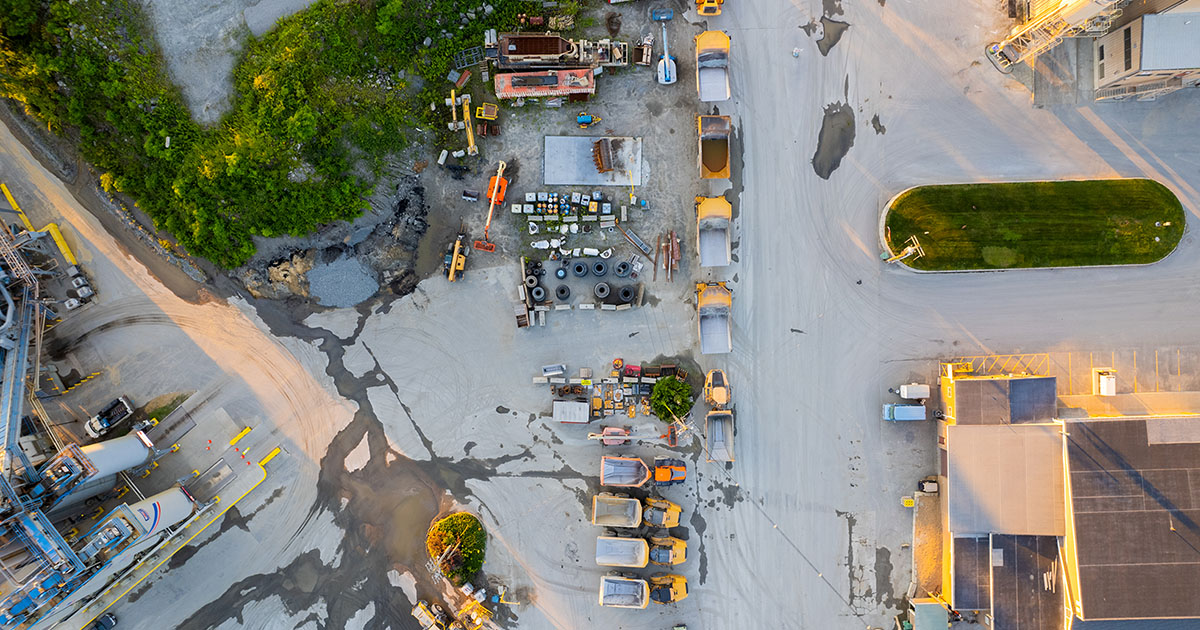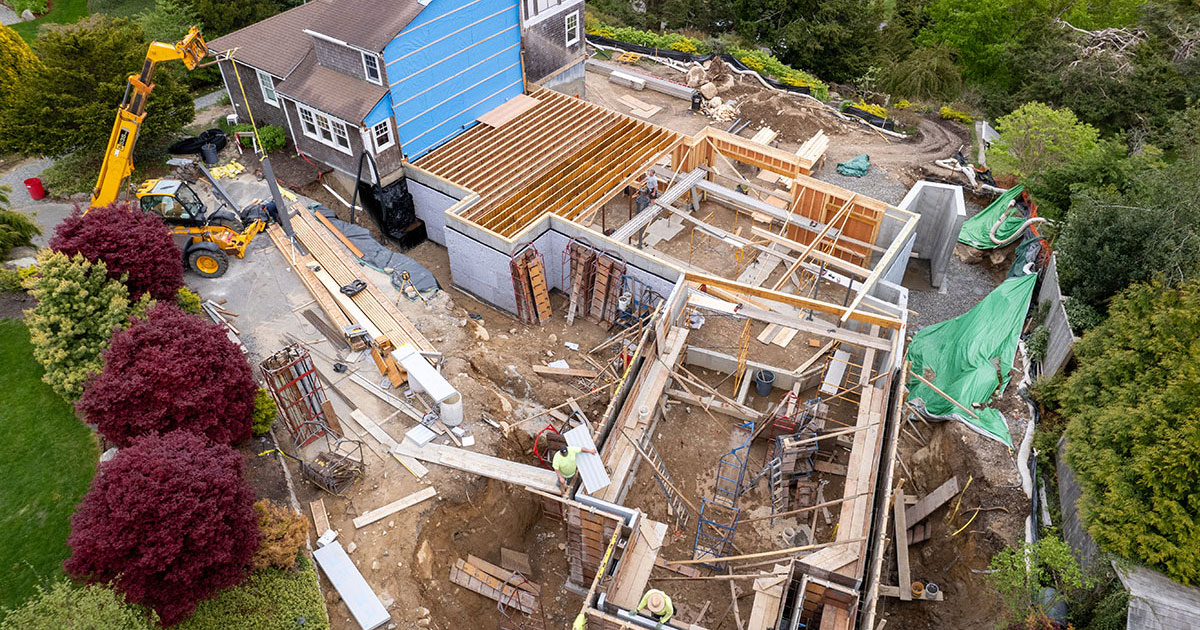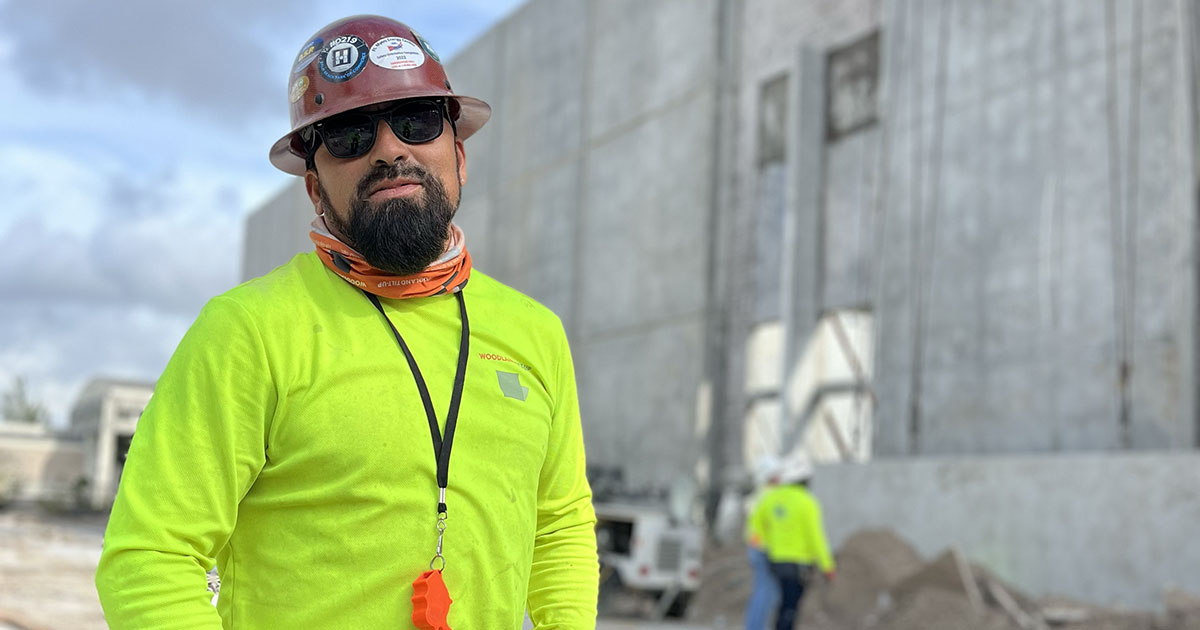
The Best Construction Web Developer for Your Business
In today’s digital-first world, having a professional, high-performing website is essential for construction businesses looking to stand out, attract clients, and showcase their expertise. To achieve this, partnering with the right construction web developer is crucial. Unlike general web developers, those with experience in the construction industry understand your unique needs, from showcasing projects and services to integrating local SEO and lead generation tools.
In this guide, we’ll explore what makes a great construction web developer, the features they should prioritize, and how to ensure your website becomes a valuable asset for your business growth.
1. Why a Construction Web Developer Is Different
Web development for the construction industry comes with unique requirements. Potential clients are looking for trust, credibility, and expertise, all of which must be conveyed through your website’s design, functionality, and content. A construction web developer is familiar with these needs and can create a site tailored to the demands of your market.
Key Benefits of Working with a Construction Web Developer:
- Industry Knowledge: They understand the specific needs of construction businesses, from project showcases to contact forms for leads.
- SEO Expertise: Construction web developers know how to optimize websites for industry-specific keywords, helping your site rank higher on search engines.
- Project Presentation: They know how to create engaging project galleries and case studies that highlight your work, building trust and credibility.
With a construction-focused web developer, your website will be strategically designed to attract and engage your target audience.
2. Essential Features for a Construction Website
When building a website for a construction company, there are several features your developer should prioritize to ensure it meets industry standards and client expectations.
Must-Have Features for a Construction Website:
- Service Pages: Create detailed pages for each of your services, such as residential construction, commercial projects, renovations, and more. Each page should include high-quality visuals and a detailed description of what sets you apart.
- Project Portfolio: Include a portfolio that showcases completed projects with high-resolution images, descriptions, and any unique challenges your team overcame.
- Responsive Design: Your website must be mobile-friendly to provide a seamless experience on smartphones, tablets, and desktops.
- Contact Forms and CTAs: Make it easy for clients to reach out with accessible contact forms and strong calls-to-action (CTAs) like “Get a Free Quote” or “Request a Consultation.”
- Fast Load Times: Slow websites can deter visitors. Optimized images and streamlined code ensure your site loads quickly.
A construction web developer should focus on creating a site that’s not only visually appealing but also functional, engaging, and optimized for lead generation.
3. Prioritize Local SEO for Maximum Visibility
Local SEO is a critical component of web development for construction businesses. Most clients search for contractors and services in their area, so it’s important that your website ranks well in local search results.
Local SEO Strategies:
- Location-Specific Keywords: Use relevant keywords like “commercial contractor in [City],” “home builder near me,” or “residential renovations in [Location]” throughout your content.
- Google My Business: Ensure your business is listed and fully optimized on Google My Business, with accurate contact information, service areas, and images.
- NAP Consistency: Your Name, Address, and Phone Number (NAP) should be consistent across your website and all online directories.
- Local Content: Consider creating content that targets your service area, such as blog posts about local projects, trends, or challenges.
A skilled construction web developer will implement these strategies to improve your website’s visibility, driving more local traffic and leads.
4. Create an Engaging Portfolio to Showcase Your Work
One of the most important aspects of a construction website is the portfolio. Potential clients want to see examples of your work before they contact you. An experienced web developer will know how to present your past projects in a way that’s visually appealing and informative.
How to Build an Effective Portfolio:
- High-Quality Images: Invest in professional photography for completed projects to make your portfolio more impressive.
- Project Descriptions: Include details such as the project type, scope, challenges faced, and how your team delivered a successful outcome.
- Categories: Organize projects by category (e.g., “Commercial Builds,” “Residential Projects,” “Custom Homes”) so visitors can easily find relevant examples.
- Client Testimonials: Feature client feedback on specific projects to add social proof and build trust.
A well-crafted portfolio demonstrates your capabilities and leaves a lasting impression on potential clients.
5. Prioritize User Experience (UX) and Mobile-Friendliness
A positive user experience (UX) is critical to keeping visitors on your site and encouraging them to learn more about your services. Your construction web developer should focus on creating a website that’s intuitive, easy to navigate, and optimized for mobile users.
UX and Mobile Optimization Tips:
- Responsiv
- e Design: Content should automatically adjust to fit different screen sizes, ensuring usability on all devices.
- Clear Navigation: Use a simple, well-organized navigation menu so visitors can quickly find the information they need.
- Fast Load Times: Slow-loading pages can frustrate users and increase bounce rates. Your developer should optimize images and code for speed.
A user-friendly website improves engagement, builds credibility, and increases the likelihood of converting visitors into clients.
6. Effective Communication and Collaboration
The success of your website project depends on clear communication and collaboration with your web developer. The best developers take the time to understand your goals, provide regular updates, and value your feedback.
Tips for Effective Collaboration:
- Initial Consultation: Your web developer should conduct a thorough consultation to learn about your business, goals, and target audience.
- Regular Check-Ins: Expect updates at key stages of the project, with opportunities to review and provide feedback.
- Transparent Timelines: A professional developer will provide a realistic timeline with milestones and deliverables.
Strong communication ensures that the final website aligns with your vision and effectively represents your brand.
7. Custom Solutions vs. Templates: What’s Best for Your Business?
When working with a construction web developer, you may have the option of choosing between a fully custom website or a template-based solution. Here’s how to decide which is best for your business.
Custom Websites:
- Pros: Tailored to your brand’s unique needs, with custom features and functionalities. Perfect for companies that want to stand out.
- Cons: Typically more time-consuming and expensive to create.
Template-Based Designs:
- Pros: Faster to implement and more cost-effective. Templates can still be customized to reflect your brand’s identity.
- Cons: Less flexibility compared to custom designs. May look similar to other sites.
A good construction web developer will work with you to determine the best approach based on your budget, goals, and timeline.
8. Integrating Contact Forms and Lead Generation Tools
Your website should be designed to generate leads. An experienced web developer will integrate contact forms, CTAs, and other lead capture tools to encourage visitors to get in touch.
Tips for Effective Contact Forms:
- Simple Forms: Only ask for essential information, such as name, phone number, and project details.
- Prominent Placement: Place contact forms in visible locations, such as the homepage and service pages.
- Strong CTAs: Use CTAs like “Get a Free Quote” or “Schedule a Consultation” to prompt visitors to take action.
Effective lead generation tools make it easy for clients to contact your business, increasing your chances of securing new projects.
9. Building Trust with Client Testimonials and Social Proof
Including testimonials and reviews on your website builds trust with potential clients. An experienced web developer will know how to incorporate social proof in a way that strengthens your credibility.
How to Present Testimonials:
- Client Quotes: Feature quotes from satisfied clients, highlighting their positive experiences.
- Case Studies: Share detailed accounts of successful projects, including client goals, challenges, and results.
- Video Testimonials: Video reviews can have a strong impact, adding a personal touch to client feedback.
Social proof helps reassure visitors that your company delivers high-quality work and reliable service.
10. Ensuring Security and Ongoing Maintenance
A secure, well-maintained website is critical for protecting client data and maintaining a professional online presence. Your web developer should provide ongoing maintenance and security updates.
What to Expect:
- HTTPS Encryption: Protects data transmitted between your website and visitors.
- Regular Updates: Keeping plugins, themes, and security protocols up to date.
- Performance Monitoring: Analyzing website metrics to identify areas for improvement.
Regular maintenance ensures that your website continues to perform optimally and remains secure.
11. Highlighting Your Unique Selling Points (USPs)
Your website is the perfect place to differentiate your business from competitors. A great construction web developer will help you emphasize your unique selling points (USPs) in a way that resonates with potential clients.
Tips for Showcasing USPs:
- Company Values: Highlight what sets your business apart, such as a commitment to sustainability, superior craftsmanship, or exceptional customer service.
- Specialized Expertise: If your company specializes in certain types of construction, such as historic restoration or green building, make sure this is prominently featured.
- Awards and Recognition: Display any awards, certifications, or recognitions your company has received.
Emphasizing your USPs makes it clear why clients should choose your business over competitors.
12. Integrating Modern Web Technologies for a Competitive Edge
The best construction websites use modern web technologies to improve user experience, streamline communication, and stand out from the competition. A skilled construction web developer can help you incorporate these features.
Examples of Modern Web Technologies:
- Live Chat: Implementing a live chat feature allows potential clients to get quick answers to their questions, improving engagement.
- Interactive Project Galleries: Consider adding features like image sliders, 360-degree views, or clickable project timelines to showcase your work in an interactive way.
- Progressive Web Apps (PWAs): PWAs offer a fast, app-like experience on mobile devices, making it easier for clients to browse your site on the go.
Integrating cutting-edge technologies can elevate your website and provide a memorable user experience.
13. Optimizing Content for Readability and Engagement
The content on your website plays a major role in engaging visitors and converting them into clients. A great construction web developer will not only focus on design but also on creating or optimizing content for readability and relevance.
Content Optimization Tips:
- Use Clear Headings: Break up content with headings and subheadings to make it easier to read.
- Bullet Points and Lists: Use bullet points for key information, making it scannable and easy to digest.
- Storytelling Elements: Share the story behind your projects, highlighting challenges, solutions, and outcomes to connect with clients on a deeper level.
Optimized content ensures that your website is engaging, informative, and easy to navigate.
14. Building an Accessible and ADA-Compliant Website
Ensuring your website is accessible to all users, including those with disabilities, is not only a legal consideration but also a way to demonstrate your commitment to inclusivity. Your construction web developer should prioritize accessibility and ADA (Americans with Disabilities Act) compliance.
Accessibility Features to Consider:
- Alt Text for Images: Provide descriptive text for images to support screen readers.
- Keyboard Navigation: Ensure all interactive elements can be navigated using a keyboard.
- Contrast and Font Size: Use high-contrast colors and adjustable font sizes to improve readability.
An accessible website makes your business more inclusive and can expand your client base.
15. Offering Training on Website Management
After your website is built, you may want the ability to update content, add new projects, or make small adjustments. A good construction web developer should offer training on how to manage and maintain your site.
Training Tips to Expect:
- CMS Walkthroughs: Learn how to use the content management system (CMS) to add or edit content.
- Best Practices for Updates: Get guidance on maintaining consistent branding, SEO best practices, and adding new features.
- Support Resources: Your developer should provide documentation, tutorials, or access to support for common questions.
Training empowers you to keep your site up-to-date without relying on outside help for every change.
16. Tailoring Your Website for Lead Nurturing
Beyond generating leads, your website should also nurture prospects and guide them through the buying journey. Your web developer can help you integrate lead-nurturing tools to enhance your marketing efforts.
Lead Nurturing Tools and Techniques:
- Email Capture Forms: Offer free resources, such as eBooks or guides, in exchange for visitors’ email addresses.
- Automated Follow-Up Emails: Use email marketing integrations to follow up with leads who fill out forms or request quotes.
- Retargeting Pixels: Implement retargeting pixels (e.g., Facebook or Google Ads) to re-engage visitors who have shown interest in your services.
Effective lead nurturing can turn casual website visitors into qualified leads and loyal clients.
17. Providing Analytics and Performance Monitoring
Once your website is live, you’ll want to track its performance to ensure it’s meeting your business goals. An experienced web developer should help you set up analytics and performance monitoring tools.
Key Metrics to Track:
- Visitor Traffic: Understand how many people are visiting your site and where they’re coming from.
- Page Performance: Identify which pages receive the most traffic and engagement.
- Conversion Rates: Measure how many visitors take desired actions, such as filling out a contact form or requesting a quote.
- User Behavior: Use tools like heatmaps to analyze how users interact with your site.
Monitoring performance data allows you to make data-driven decisions and continually improve your website’s effectiveness.
Finding the Right Construction Web Developer
Choosing the right construction web developer can transform your online presence, helping you attract clients, showcase your work, and grow your business. By focusing on industry expertise, user experience, SEO, and lead generation, you can create a website that stands out and drives results. Whether you opt for a custom site or a template-based solution, partnering with a skilled developer ensures that your website reflects your professionalism and supports your long-term goals.

